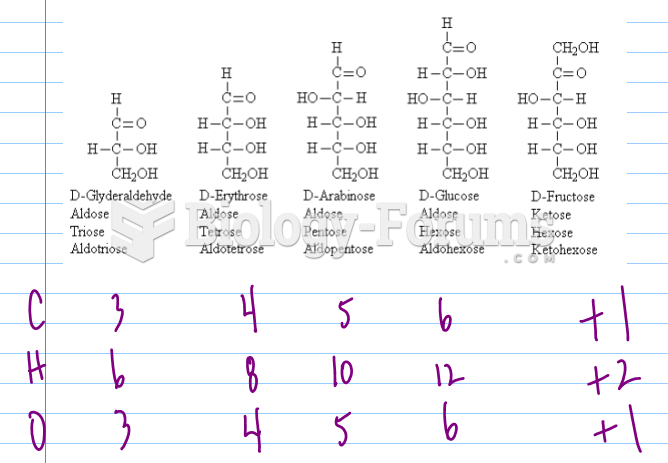Answer to Question 1
Answer: Work specialization, also known as division of labor, is the process of dividing work activities into separate job tasks. Individual employees specialize in doing part of an activity rather than the entire activity in order to increase work output. It makes efficient use of the diverse skills that workers have.
In most organizations, some tasks require highly developed skills; others can be performed by employees with lower skill levels. If all workers were engaged in all the tasks, all would need the skills necessary to perform both the most and the least demanding jobs. Thus, except when performing the most highly skilled or highly sophisticated tasks, employees would be working below their skill levels. In addition, skilled workers are paid more than unskilled workers, and, because wages tend to reflect the highest level of skill, all workers would be paid at highly skilled rates to do easy tasks an inefficient use of resources.
Early proponents of work specialization believed that it could lead to great increases in productivity. At the beginning of the twentieth century, that generalization was reasonable. Because specialization was not widely practiced, its introduction almost always generated higher productivity. But, at some point, the human diseconomies from division of labor boredom, fatigue, stress, low productivity, poor quality, increased absenteeism, and high turnover exceed the economic advantages.
Today, most managers continue to see work specialization as important because it helps employees be more efficient. However, managers should remember that, at some point, work specialization no longer leads to productivity. Thus, they should plan and organize accordingly.
Answer to Question 2
Answer: Organizing is defined as arranging and structuring work to accomplish organizational goals. It is an important process during which managers design an organization's structure.
Some of the purposes of organizing are the following.
a. It helps in dividing the work to be done into specific jobs and departments.
b. It helps in assigning tasks and responsibilities associated with individual jobs.
c. It helps in coordinating diverse organizational tasks.
d. It helps in clustering jobs into units.
e. It helps in establishing relationships among individuals, groups, and departments.
f. It helps in establishing formal lines of authority.
g. It helps in allocating and deploying organizational resources.







